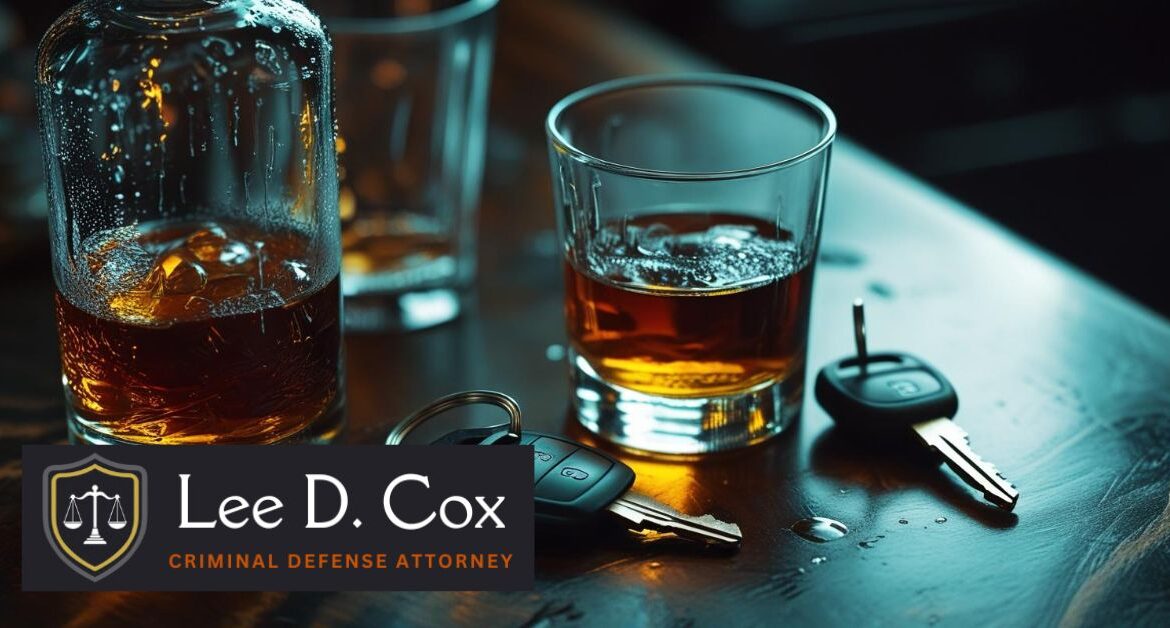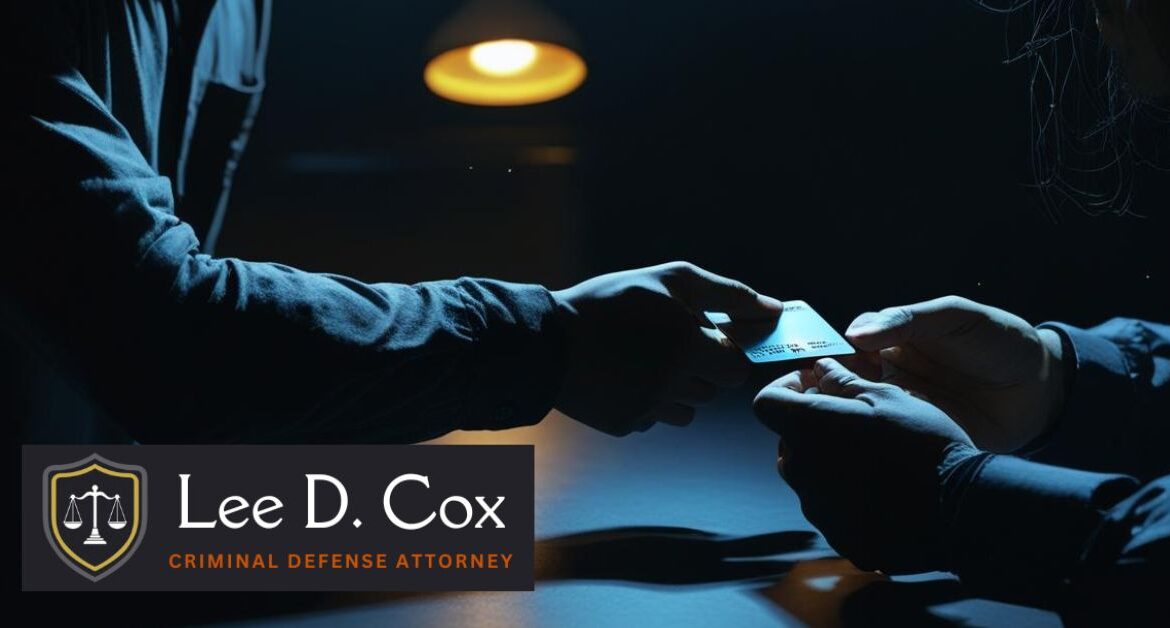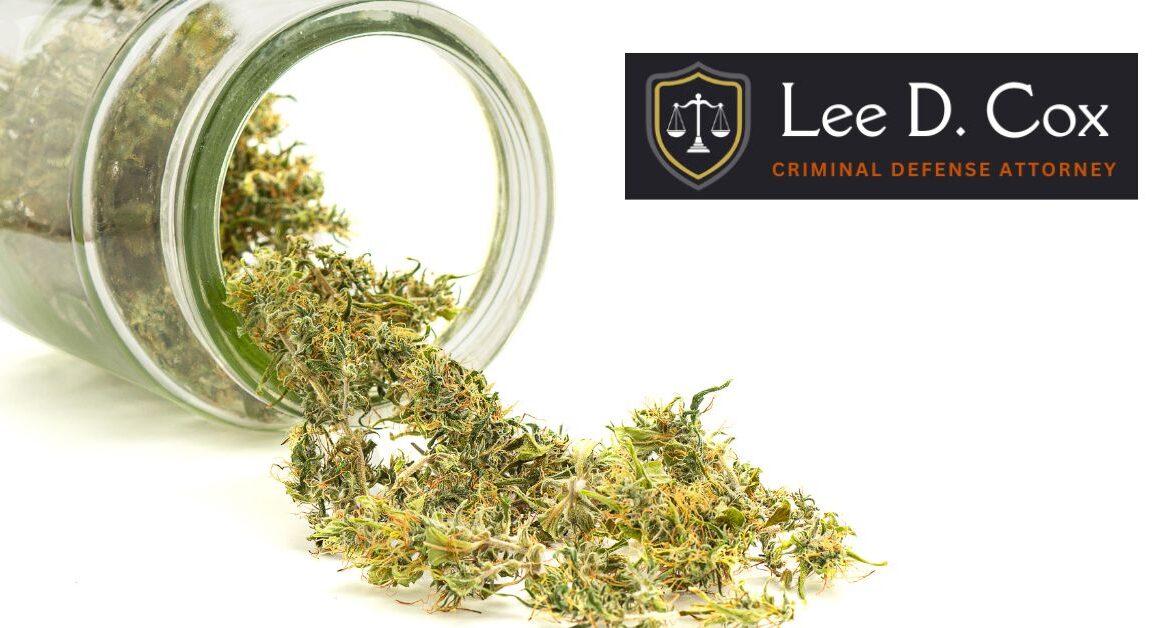DWI Charges in Texas (2025): What You Need to Know
A DWI (Driving While Intoxicated) charge in Texas can be a frightening and life-altering experience. Whether it’s your first offense or you’ve been through the system before, the penalties for DWI in 2025 are serious — and getting the right legal defense can make all the difference.
In this guide, we’ll explain what counts as a DWI in Texas, what penalties you could face, how the process works, and what to do if you’ve been charged in Fort Bend County or surrounding areas.
What Is Considered a DWI in Texas?
Under Texas Penal Code § 49.04, a person commits DWI when:
“The person is intoxicated while operating a motor vehicle in a public place.”
“Intoxicated” means:
-
A blood alcohol concentration (BAC) of 0.08% or higher, OR
-
Lacking the normal use of mental or physical faculties due to alcohol, drugs, or a combination
Even if your BAC is under 0.08%, you can still be arrested if the officer believes you’re impaired.
Common DWI Scenarios in Texas
You can be charged with DWI in various situations:
-
Failing a breathalyzer or blood test
-
Refusing a test (which triggers license suspension)
-
Driving under the influence of prescription drugs
-
Driving while using marijuana or other substances
-
Being stopped at a DWI checkpoint or traffic stop
DWI Penalties in Texas (2025)
The consequences for a DWI conviction vary depending on your criminal history, BAC level, and whether any property damage or injury occurred.
| Offense | Penalty |
|---|---|
| 1st Offense | Up to 180 days in jail, $2,000 fine, license suspension (up to 1 year) |
| 2nd Offense | Up to 1 year in jail, $4,000 fine, license suspension (up to 2 years) |
| 3rd Offense | 2–10 years in prison, $10,000 fine, felony record |
| DWI with Child Passenger | State jail felony: 180 days – 2 years in jail, $10,000 fine |
| Enhanced Penalties | BAC ≥ 0.15%, open container, or accident with injury |
In addition to criminal penalties, a DWI conviction can impact:
-
Employment opportunities
-
Professional licenses
-
Auto insurance rates
-
Immigration status
What Happens After a DWI Arrest in Texas?
Here’s a quick breakdown of the typical DWI process:
-
Arrest & Booking
-
Administrative License Revocation (ALR) hearing — must be requested within 15 days
-
Court appearances and pretrial motions
-
Negotiations, possible plea deal, or trial
-
Sentencing or case dismissal
The most critical step is hiring a DWI defense attorney as soon as possible to protect your rights and challenge the evidence.
Can a DWI Be Dismissed in Texas?
Yes, but it depends on the facts of your case. A skilled attorney may be able to get your DWI charges reduced or dismissed if:
-
The traffic stop was unlawful
-
Field sobriety tests were improperly administered
-
Breathalyzer equipment was faulty or misused
-
Blood samples were mishandled or delayed
-
There was no probable cause for arrest
Alternatives to Jail Time for First-Time Offenders
In Fort Bend County, first-time DWI offenders may qualify for:
-
Deferred adjudication
-
Pretrial diversion programs
-
Alcohol education classes
-
Community supervision (probation)
These alternatives can keep the conviction off your record — but must be negotiated early in the process.
What If I Refused the Breath or Blood Test?
Refusing a test triggers automatic license suspension under Texas’s “implied consent” law:
-
180-day suspension for 1st refusal
-
2-year suspension for a prior alcohol-related contact
You have 15 days from your arrest to request an ALR hearing to fight the suspension.
Fight Your DWI Charge with an Experienced Fort Bend Attorney
DWI charges move fast — and the consequences are serious. You need a defense attorney who knows how the system works in Fort Bend County and can build a strong strategy to protect your future.
Attorney Lee D. Cox has helped hundreds of clients fight DWI charges in Richmond, Sugar Land, Rosenberg, and nearby areas. With over 20 years of experience, he understands how to challenge evidence, negotiate with prosecutors, and fight for dismissals or reduced penalties.
📞 Don’t Wait. Call Lee D. Cox Today.
If you’ve been arrested for DWI in Texas, call 281-762-7345 now or contact us online. Your consultation is confidential, and time is critical.








